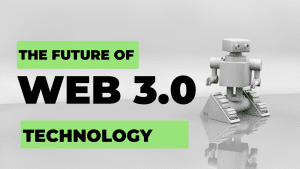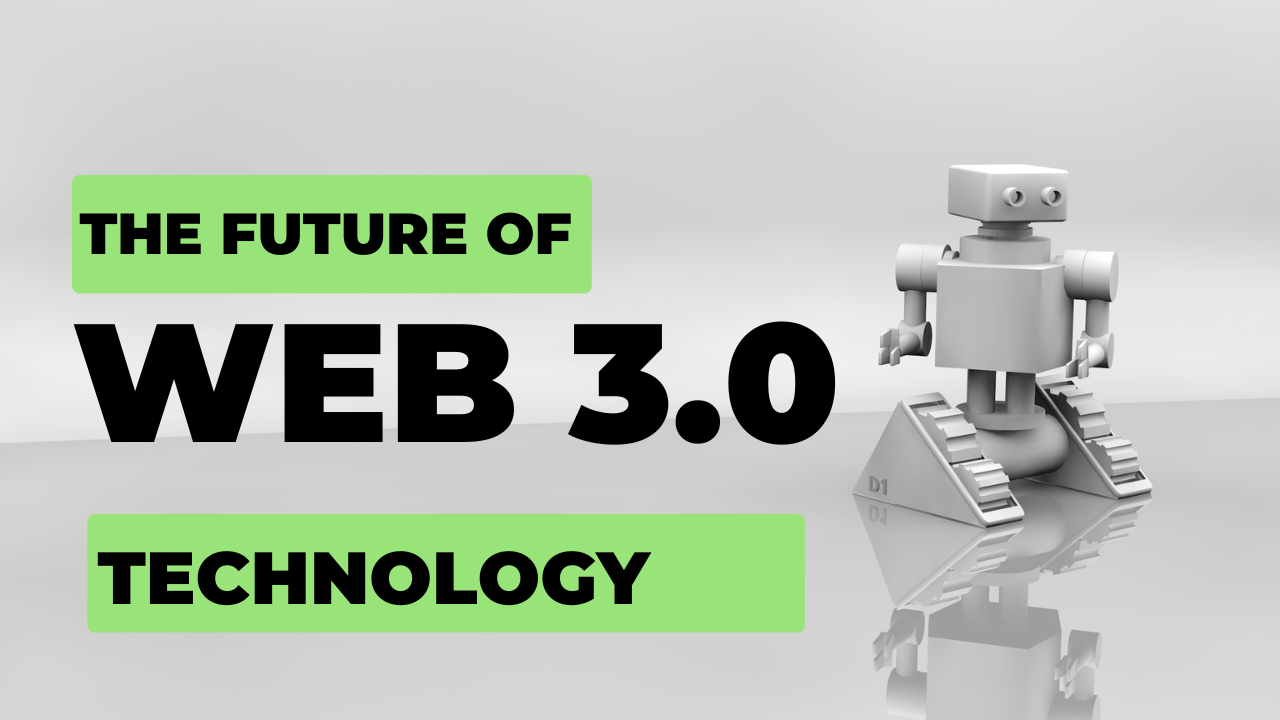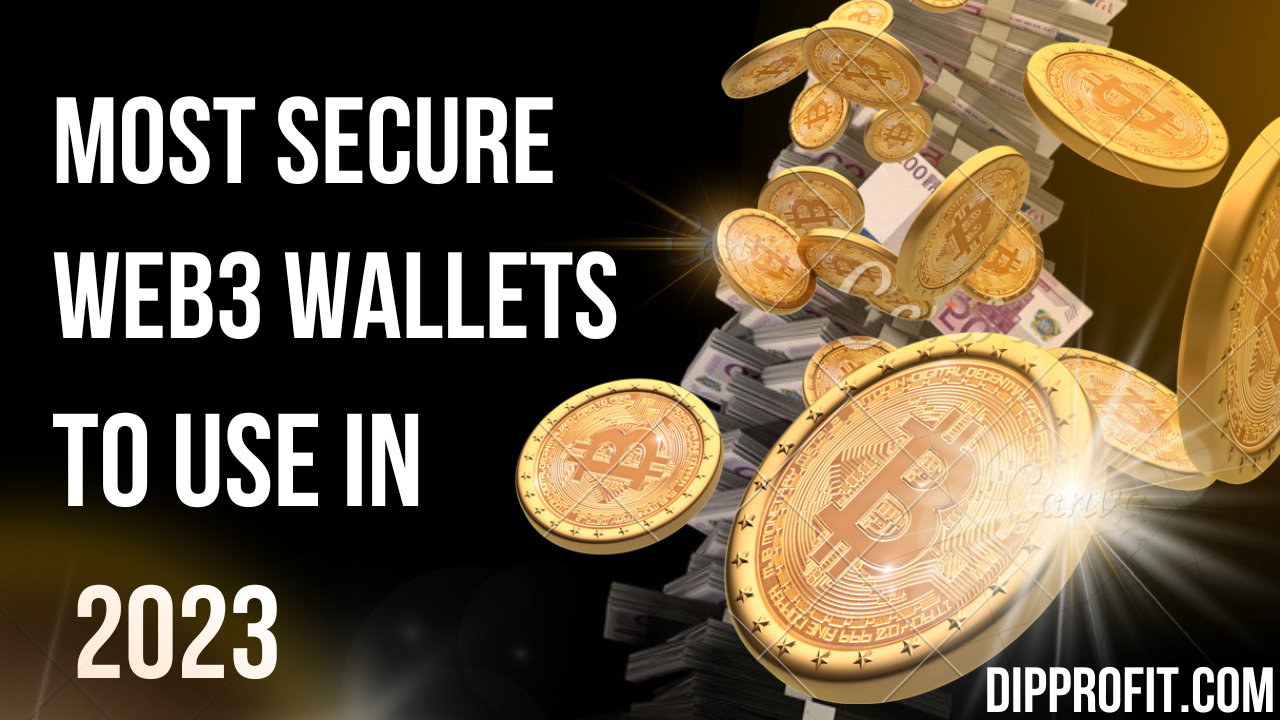
With the rise of Web3, the future of the internet is looking more decentralized than ever before. We see a shift away from centralization and towards a more distributed internet.
This new web is powered by blockchain technology and promises to be more secure, transparent, and accessible than the current web.
In this blog post, we will explore the future of Web3 and how it will impact our lives. From the way we interact with the internet to the way we store our data, everything is about to change. Read on to learn more about the future of the internet!
Features of Web3
Web 3.0 is the next major evolution of the World Wide Web, where the web becomes more personal, more intelligent, and more connected. Here are some of the key features of Web 3.0:
- The Semantic Web: The Semantic Web is a system where information is given meaning, making it easier for machines to understand and process. This will result in a more intelligent web, where information can be better organized and search results will be more relevant.
-
Personalization: With Web3, the web will become more personalized, based on our individual needs and preferences. This will make it easier to find the information we’re looking for, as well as recommend content that we may be interested in.
-
Social Connectedness: The social web will become even more important with Web3, as we’ll be able to connect with others who have similar interests and goals. This will make it easy to collaborate and share ideas, making the web a more collaborative place.
-
Intelligent Agents: Intelligent agents are software programs that can act on our behalf, carrying out tasks such as searching or making recommendations. With Web 3.0, these agents will become more prevalent and they’ll get better at understanding our needs and preferences over time.
How does Web3 help me?
Web3 is the next generation of the internet, where users are in control of their data and can interact with each other directly, without intermediaries. This decentralized approach has many benefits, including improved security, privacy, and efficiency.
In a Web3 world, you’ll be able to own your own data and interact with other users directly. You won’t have to rely on intermediaries like Facebook or Google to connect with others or access information. And because there’s no central authority controlling the data, it’s much more secure and private.
This new decentralized approach will also make the web more efficient.
For example, when you buy something online, the transaction can be processed immediately without having to go through a bank or credit card company. This will save time and money for both buyers and sellers.
So how does Web3 help you? It puts you in control of your data, allows you to interact with others directly, and makes the web more efficient. That’s a pretty bright future for the web!
What does Web3 have for business owners?
Web3 gives personalization a new meaning. Real-time data integration can help to make online interactions and interests more meaningful. Businesses can significantly improve their customer experiences and have more opportunities for advertising and promotion by adopting a suitable business model.
Web3 also completely transforms how people access data as they move beyond PCs and smartphones to access content on a variety of devices whenever and wherever they want. Although Web 2.0 is already widespread, the Internet of Things is taking it to new heights and is here to stay.
Also, experiences tailored to mobile users are a requirement if you want to take advantage of Web3 and better connect with and reach your target market. Businesses that do not adapt to this trend risk falling behind. Consumers today expect not only an integrated omnichannel experience but also easier and faster access to information.
What is Decentralized Finance?

Decentralized finance—called “DeFi”—refers to the shift from traditional, centralized monetary structures to peer-to-peer finance enabled through decentralized technology constructed at the Ethereum blockchain. From lending and borrowing systems to stablecoins and tokenized BTC, the DeFi surroundings have released an expansive community of incorporated protocols and economic instruments.
By deploying immutable smart contracts on Ethereum, DeFi developers can launch products and services that run precisely as programmed and can be accessed by everyone with an Internet connection.
The leap forward of DeFi is that crypto belongings can now be placed to apply in methods now no longer feasible with fiat or “actual world” belongings. Decentralized exchanges, artificial assets, and flash loans are absolutely novel programs that could best exist on blockchains. This paradigm shift in monetary infrastructure gives some blessings in regard to risk, trust, and opportunity.
From DAOs to artificial assets, decentralized finance protocols have unlocked an international of the latest financial hobby and possibilities for customers throughout the globe.
The comprehensive list of available DeFi applications continues to grow as the space matures, but one of the most popular products is Asset management
With DeFi protocols, you’re the custodian of your very own crypto funds. Crypto wallets like MetaMask or Gnosis Safe allow you to easily connect to decentralized applications and manage your digital assets without entrusting them to a third party. In addition, you can earn interest on your deposited funds.
See also: Web3 in Finance and the future of Financial services
Final Thoughts
The breakthrough of DeFi is that crypto assets can now be put to use in ways not possible with fiat or “real world” assets. Decentralized exchanges, synthetic assets, and flash loans are completely novel applications that can only exist on blockchains. This paradigm shift in financial infrastructure presents a number of advantages with regard to risk, trust, and opportunity.
We are moving toward an Internet in which people have complete control over their data and privacy while also allowing companies to use their data. Blockchain will power all of this.
As a result, web3 will hasten the honest and transparent use of user data, from personalized search results to cross-platform development tools and 3D graphics. The internet will become more interactive and immersive.
As the internet slowly transitions to a more decentralized system, it is important to also keep up with the change, Let us, therefore, embrace web3 with open arms.



Your article helped me a lot, is there any more related content?
Thanks for the feedback, you can subscribe to our newsletter to get more educational and informational articles on web3 from our website. you can also navigate our website for more contents.